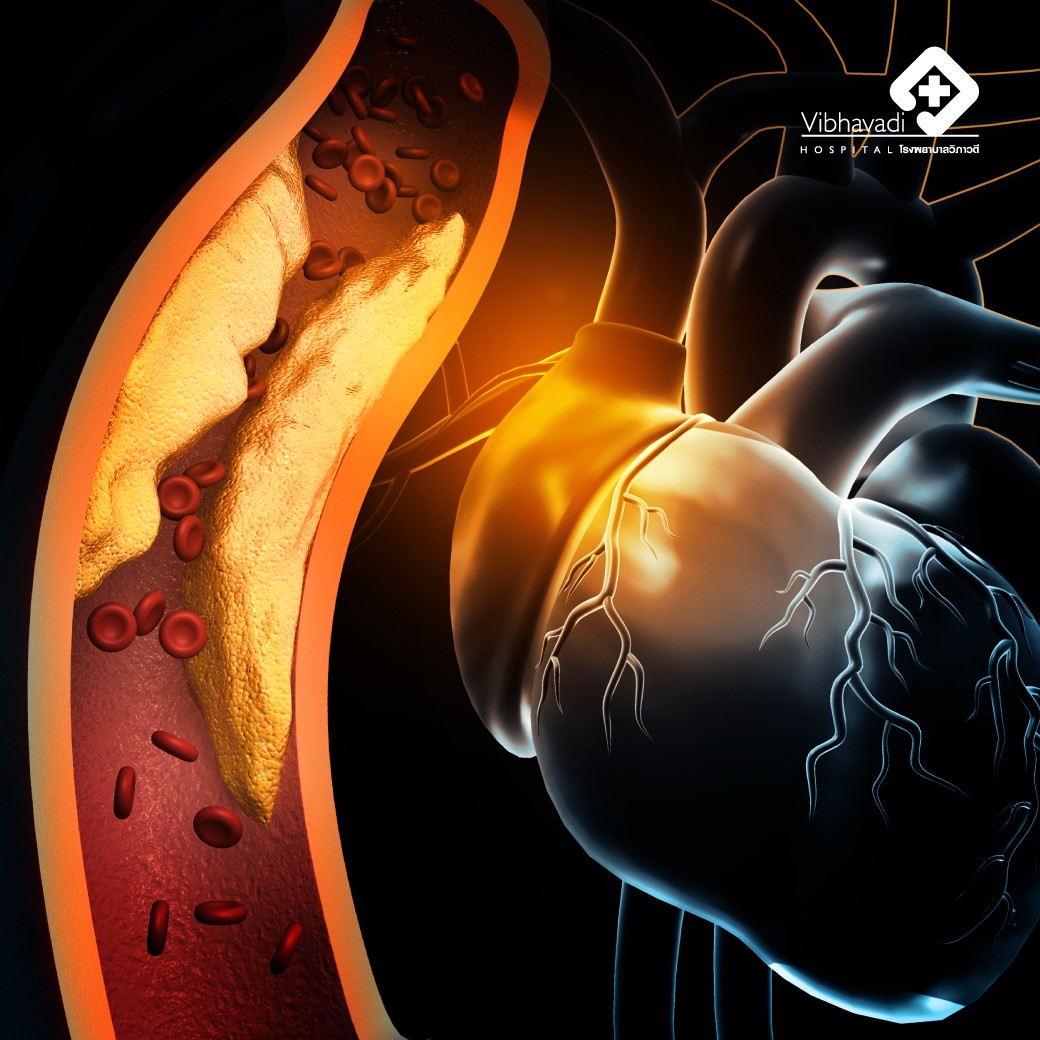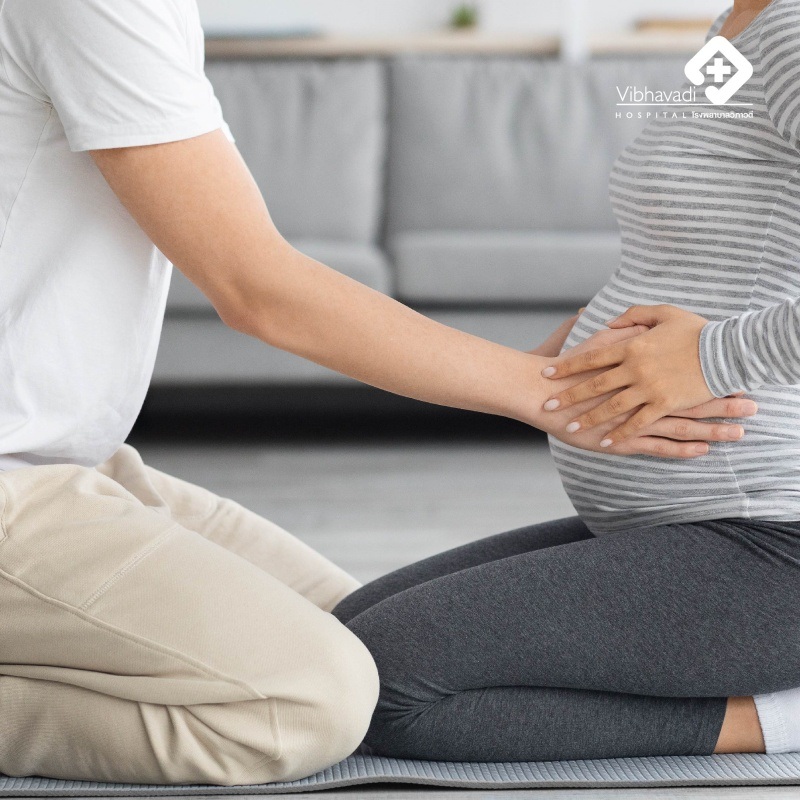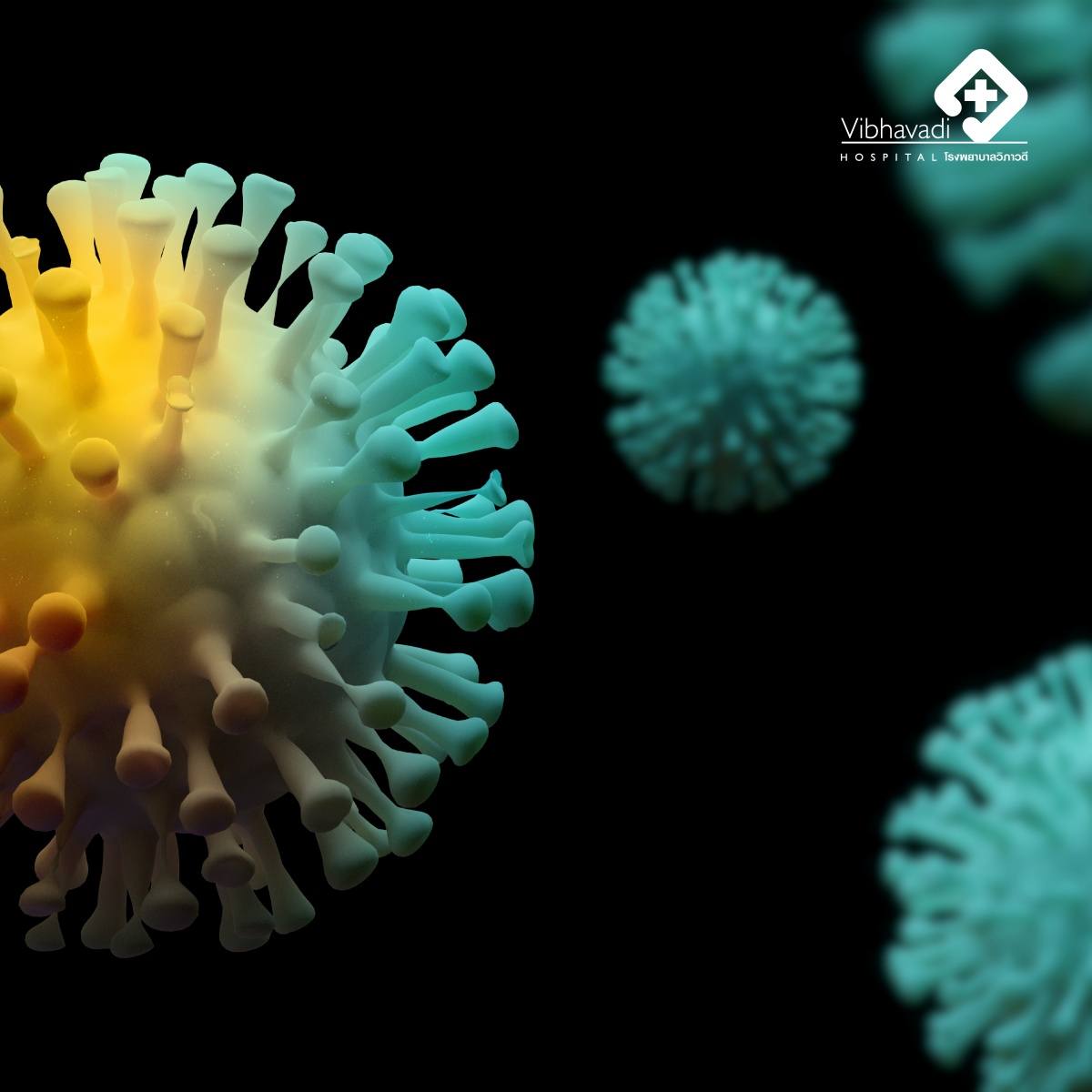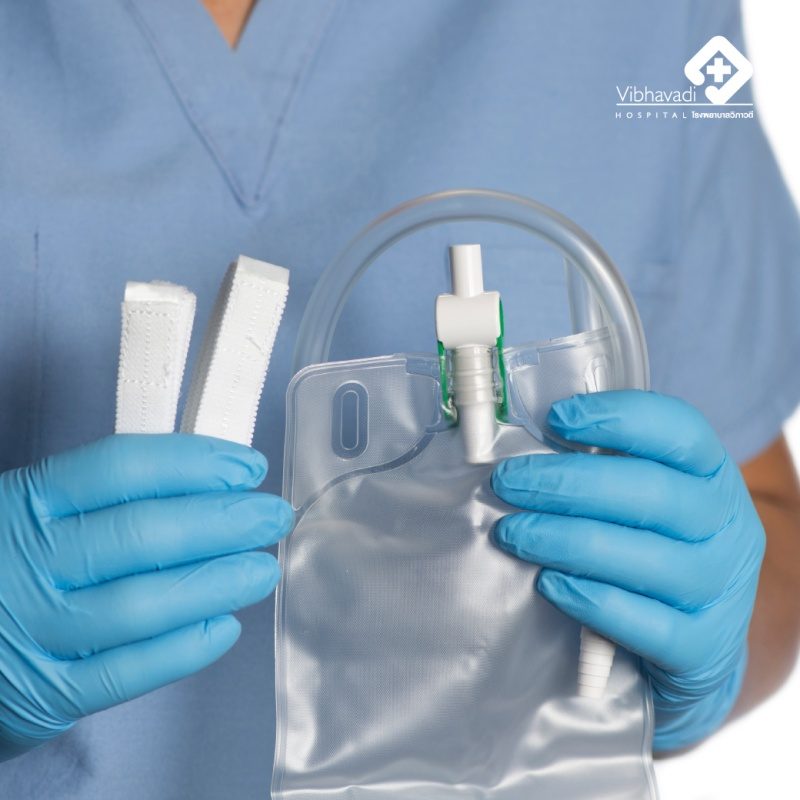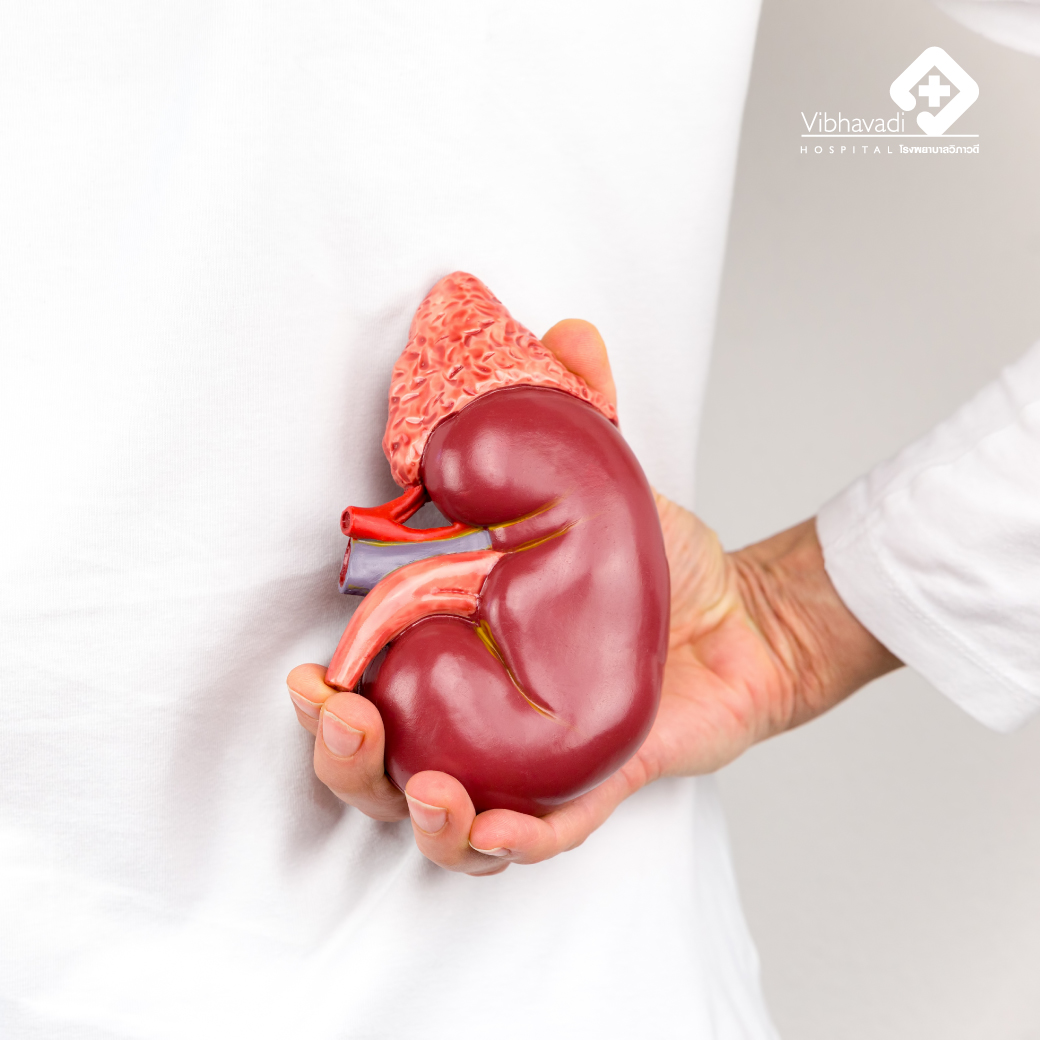How to Treat Hemorrhoids: Do I Need Surgery?
How to Treat Hemorrhoids: Do I Need Surgery?
Hemorrhoids occur when the veins and tissue around the rectum, called hemorrhoidal tissue, become enlarged. These swollen tissues are in the lower part of the anus and are present in everyone. However, when the swelling becomes severe, it can cause discomfort and other symptoms.
While we still understand that hemorrhoid tissue has a normal function of protecting the muscles of the rectum, including the sphincter during defecation, and helping to keep the anus closed, further research is needed to improve our understanding of this condition.
Cause of Disease
Hemorrhoids are caused by an increase in the amount of Hemorrhoid tissue, which can be divided into two primary causes:
- is an abnormality of the blood vessels in that area
- caused by the increasing pressure against the pelvic floor over a long period of time can result from frequent straining to pass stool from constipation, heavy lifting, prolonged standing, and pregnancy. This can lead to an interruption of blood flow due to the presence of a child.
The bleeding in these areas is caused by injury to the blood vessels, which grow and stretch due to the aforementioned cause. This type of local injury is often caused by very hard stools combined with prolonged straining, resulting in fresh blood discharge from the anus.
Types of hemorrhoids
We can divide hemorrhoids into 2 types:
- Internal Hemorrhoids
are hemorrhoids situated above the dentate line (the area characterized by jagged markings) will be visibly apparent and characterized by:
- Internal hemorrhoids are located inside the rectum and are covered by the lining of the rectum, not the outer skin.
- Internal hemorrhoids do not cause pain unless there are complications.
- Majority of cases
- They are typically divided into four stages based on severity:
- There is a lump that is protruding from the anus.
- A lump protrudes when straining to pass stools and can retract itself.
- A lump protrudes when straining to pass stools but cannot retract itself and requires a hand to push it in.
- There is a lump protruding and cannot be pushed in with your hands.
- External Hemorrhoids
are hemorrhoids under the dentate line. The easy way to notice are:
- An external lump
- The portion of the loaf that is exposed will be its outermost layer, which is known to cause more itching and discomfort than internal hemorrhoids.
- After the symptoms disappear, there may be a polyp known as a skin tag
Symptoms
There are three symptoms of this disease that require medical attention.
- Bloody stool
The process of this will involve defecating first, which may be accompanied with pain. Afterwards, fresh blood will be expelled and it will not be mixed with mucus.
- Presence of a lump during defecation
As you strain, lumps may protrude or emerge, depending on how tightly you press the mixture.
- Pain in anus area
Typically, hemorrhoids do not cause pain. However, if there are complications such as thrombosis or necrosis, then pain may result.
Treatment
Depending on prognosis
Stage 1
- Treatment at this stage should focus on medications and practices.
- Stool softeners and steroid suppositories may be prescribed to reduce inflammation.
- Eating plenty of high-fiber foods, drinking lots of water, and avoiding excessive straining or sitting for long periods of time are all recommended practices.
- While some medical professionals may suggest infrared therapy, it is not necessary for this type of treatment.
Stage 2 and early Stage 3
- Drug treatment for hemorrhoids
- Rubber Band Ligation, is an effective and non-invasive option that is often used with regular behavioral therapy.
- It is a safe procedure with few complications and no pain, making it an ideal choice for many patients.
Stage 3 (huge) and Stage 4
- Surgery is required
When is hemorrhoid removal surgery required?
- Stage 3 or 4
- is both external and internal at the same time (mixed), which cannot to use a rubber band (because it is extremely painful)
- Complications such as blood clots, extreme pain or rotten hemorrhoids from lack of blood
- If it is not serious, there is no need for surgery and it can be treated as an outpatient.
Can we treat it ourselves?
Hemorrhoids shouldn't be feared; although they can cause a lot of pain, the amount of bleeding is usually minimal. However, extreme shock can occur, so it is important to be aware and take precautions to avoid getting them.
The presence of fresh blood in the stool may indicate a variety of conditions, such as anal fissures. However, the more serious causes may include a tumor or cancer in the rectum or anus. Other causes may include blood transfusions.
If you require a blood transfusion, you should not attempt to self-diagnose or self-medicate. Instead, you should seek professional medical help from a doctor, as they are the only ones who can make an accurate diagnosis following a physical examination. Treatment, however, is a different matter, and should be left to the discretion of the doctor.
Prevention
- Timely excretion to avoid constipation
- Consume a diet that is high in fiber, fruits, and vegetables.
- Drink plenty of water can help with excretion.
- If there are any abnormal symptoms, it is important to consult a doctor.
How to behave when diagnosed with hemorrhoids
The symptoms of hemorrhoids are as follows: pain, bleeding, and rectal mucus. Here are 10 simple practices to help avoid factors that aggravate the symptoms of hemorrhoids:
- Drink at least 6-8 glasses of water every day.
- Eat foods high in fiber, such as brown rice, vegetables, and fruits.
- Avoid spicy and irritant foods, tea, coffee, and alcohol.
- Maintain good hygiene and keep personal items clean.
- Exercise regularly, such as brisk walking or swimming, but avoid certain sports such as cycling and horseback riding.
- Avoid heavy lifting.
- Take time to drink a glass of water right after waking up in the morning.
- Wear loose-fitting clothing, especially pants.
- Avoid being in the heat for extended periods of time.
- Visit a doctor if there are symptoms such as bleeding after defecation or discomfort in the rectal area.
Why do pregnant people often get hemorrhoids?
Hemorrhoids can be caused by pregnancy, when the baby in the womb presses against the blood vessels in the mother's abdomen, blocking the normal flow of blood. This can lead to symptoms such as discomfort and swelling.
The blood will be directed to another system, such as hemorrhoids. Hemorrhoids are swollen blood vessels around the anus that become more pronounced when someone is pregnant. This causes them to protrude more than usual.
Apart from hemorrhoids, when the large veins are compressed and not able to flow freely, it can lead to the formation of varicose veins in the legs.
Following childbirth, it will typically dissipate; however, certain remnants may remain, such as polyps, that do not cause any harm or symptoms if there are no other issues present.
Dr Thanet Puapornpong, M.D.
Department of Surgery




